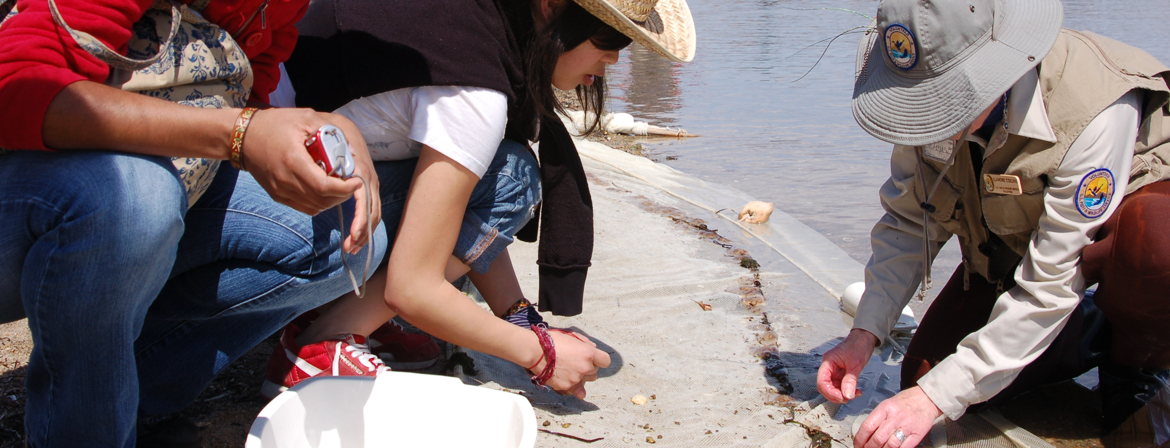Recycling: Planned and Self-expressive Behaviour
Mannetti, L., Pierro, A., & Livi, S. (2004). Recycling: Planned and self-expressive behaviour. Journal of Environmental Psychology, 24(2), 227-236. doi:10.1016/j.jenvp.2004.01.002.
Behavioral Determinants of Household Recycling Participation: The Portuguese Case
Valle, P., Reis, E., Menezes, J., & Rebelo, E. (2004). Behavioral Determinants of Household Recycling Participation: The Portuguese Case. Environment and Behavior, 36(4), 505-540. doi:10.1177/0013916503260892.
Do as We Say and as We Do: The Interplay of Descriptive and Injunctive Group Norms in the Attitude-Behaviour Relationship
Smith, J., & Louis, W. (2008). Do as we say and as we do: The interplay of descriptive and injunctive group norms in the attitude-behaviour relationship. British Journal of Social Psychology, 47(4), 647-666. doi:10.1348/014466607X269748.
Group Norms and the Attitude-Behaviour Relationship
Smith, J., & Louis, W. (2009). Group norms and the attitude-behaviour relationship. Social and Personality Psychology Compass, 3(1), 19-35. doi:10.1111/j.1751-9004.2008.00161.x.
Individual Differences in Environmental Attitudes
Gifford, R., Hay, R. & Boros, K. (1982). Individual differences in environmental attitudes.. Journal of Environmental Education, 14, 2, 19-23.
The Structure Among Measures of Personality, Social Attitudes, Values, and Social Norms
Stankov, L. (2007). The structure among measures of personality, social attitudes, values, and social norms. Journal of Individual Differences, 28(4), 240-251. doi:10.1027/1614-0001.28.4.240.
The Effect of Empathy in Proenvironmental Attitudes and Behaviors
Berenguer, Jaime. (2007). The Effect of Empathy in Proenvironmental Attitudes and Behaviors. Environment and Behavior, 39(2), 269-283.
Direct Experience and the Strength of the Personal Norm-Behavior RelationshipThørgersen, J. (2002). Direct experience and the strength of the personal norm-behavior relationship. Psychology & Marketing, 19(10), 881-893. doi:10.1002/mar.10042.
Thørgersen, J. (2002). Direct experience and the strength of the personal norm-behavior relationship. Psychology & Marketing, 19(10), 881-893. doi:10.1002/mar.10042.
Social Influence in the Theory of Planned Behaviour: The Role of Descriptive, Injunctive, and In-Group Norms
White, K., Smith, J., Terry, D., Greenslade, J., & McKimmie, B. (2009). Social influence in the theory of planned behaviour: The role of descriptive, injunctive, and in-group norms. British Journal of Social Psychology, 48(1), 135-158. doi:10.1348/014466608X295207.
Self, Identity, and the Natural Environment: Exploring Implicit Connections with Nature
Schultz, P., & Tabanico, J. (2007). Self, identity, and the natural environment: Exploring implicit connections with nature. Journal of Applied Social Psychology, 37(6), 1219-1247.



